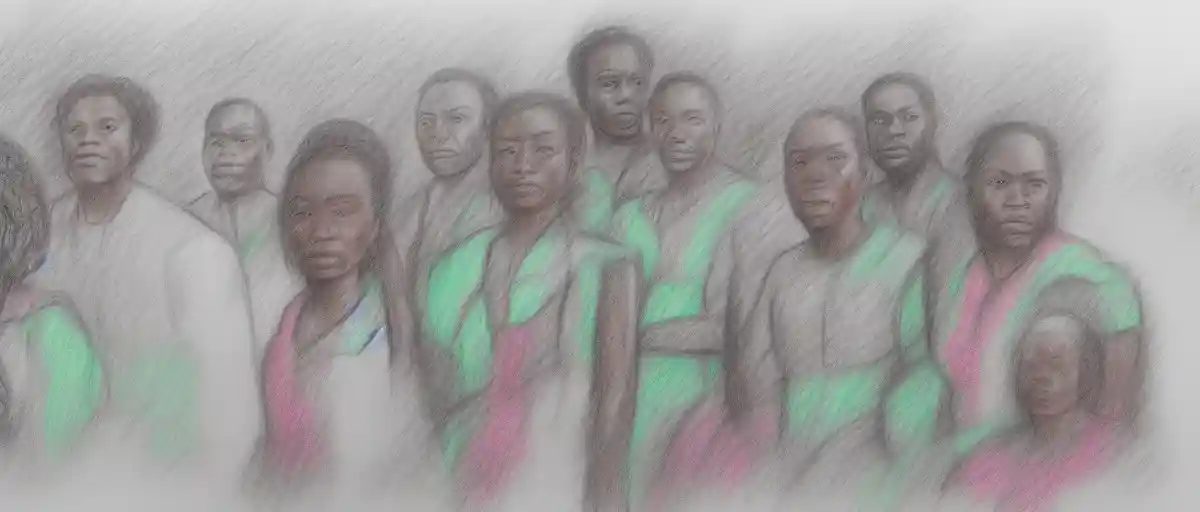You Might Find This Fascinating As Well:
The topic of financial reparations for slavery has been a heated debate in the United States, with passionate arguments made on both sides. Those in favor argue that reparations are necessary to address the historical injustices committed against Black Americans and address the ongoing impact of systemic racism. However, those against reparations argue that it is not fair to hold current generations accountable for the actions of their ancestors.
At first, proponents of reparations argue that the United States government has a responsibility to make amends for the lasting legacy of slavery. The history of slavery and racism in this country has led to significant disparities in wealth, health outcomes, and access to education and opportunities. Reparations could provide much-needed resources to address these disparities and provide a path forward toward racial equity.
Alternatively, opponents of reparations argue that it is not feasible or fair to hold current generations accountable for the actions of their ancestors. They argue that many white Americans today cannot trace their ancestry back to slave owners, and therefore should not be forced to pay reparations for historical wrongs. Additionally, opponents argue that it would be difficult to determine who is eligible for reparations and how much should be paid, making the process overly complicated and potentially divisive.
Despite the debate, there has been recent push for legislation on the issue. Democrats have reintroduced H.R. 40, which proposes a commission to research and develop a proposal for reparations. While the legislation has garnered significant support, it remains to be seen whether it could pass through the divided chambers of Congress.
Ultimately, the issue of reparations for slavery is complex and there are valid arguments on both sides. However, it is important for the United States to come to terms with its history of slavery and racism and find ways to address its ongoing impact. Whether reparations are the right approach remains to be seen, but it is clear that the conversation is far from over.
Here's A Video We Thought You Might Also Like:
Author Profile

- I'm a science writer on a mission to make scientific discoveries accessible to everyone, and that includes exploring the political aspects of scientific research and policy-making.
Latest entries
 Breaking News2023.12.17Dumbfounding Revelation Former Florida State Representative Breaks Silence After Serving Prison Time
Breaking News2023.12.17Dumbfounding Revelation Former Florida State Representative Breaks Silence After Serving Prison Time Breaking News2023.12.15Jolting Revelation FBI’s Secret Surveillance of Catholics Exposed!
Breaking News2023.12.15Jolting Revelation FBI’s Secret Surveillance of Catholics Exposed! Breaking News2023.12.15Is Chris Christie the Bold Challenger the GOP Needs Critics Say No
Breaking News2023.12.15Is Chris Christie the Bold Challenger the GOP Needs Critics Say No Breaking News2023.12.14Senator’s Bold Move to Combat Antisemitism on College Campuses Sends Shockwaves – Will It Work
Breaking News2023.12.14Senator’s Bold Move to Combat Antisemitism on College Campuses Sends Shockwaves – Will It Work






